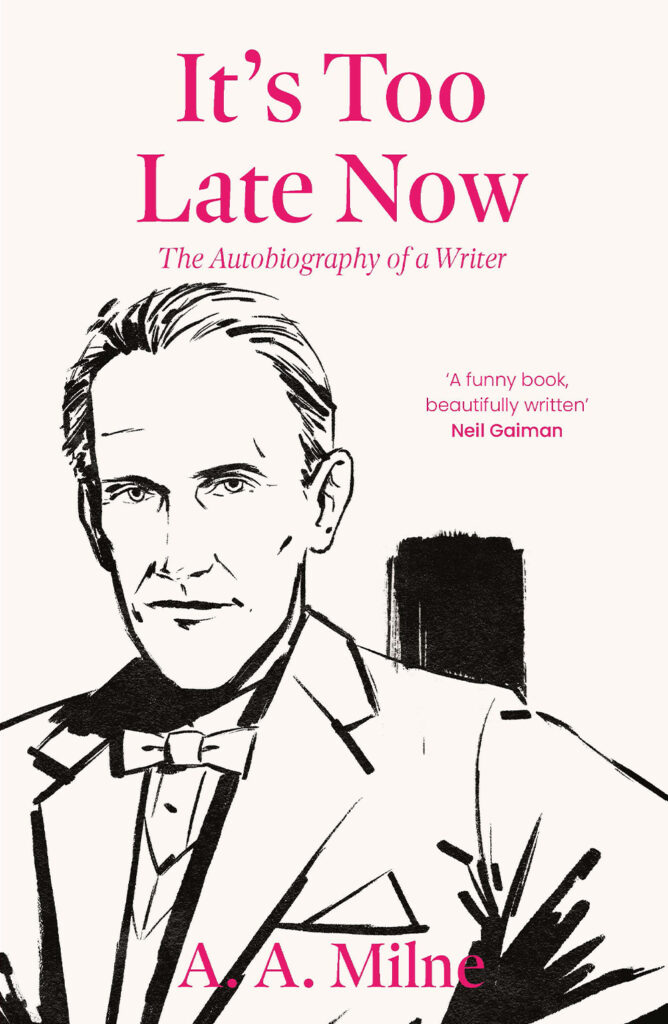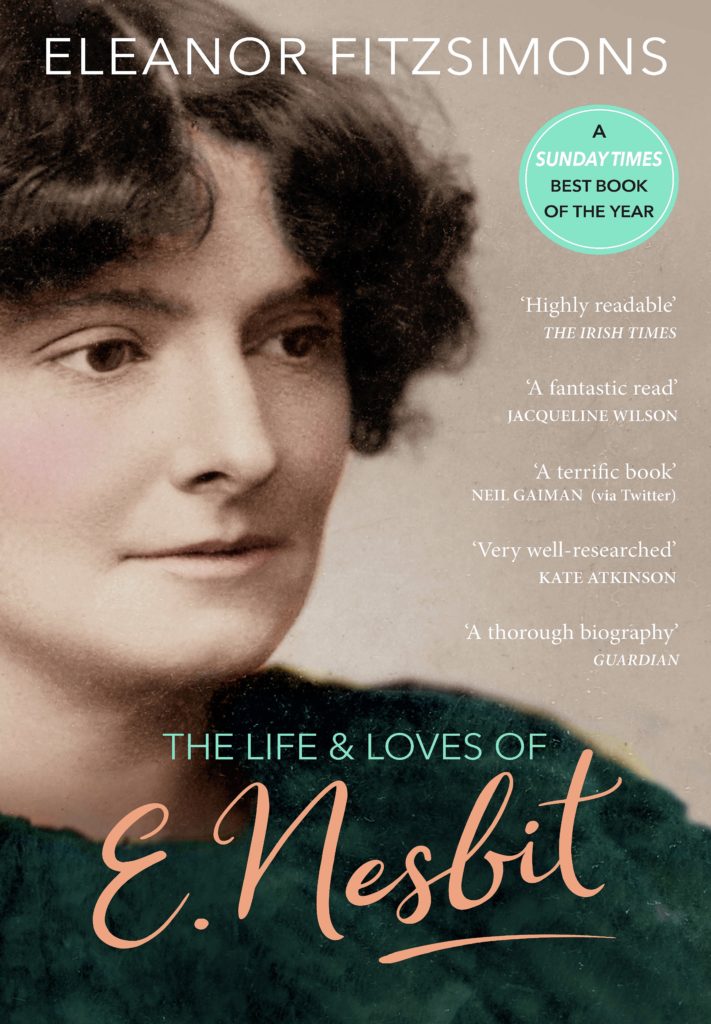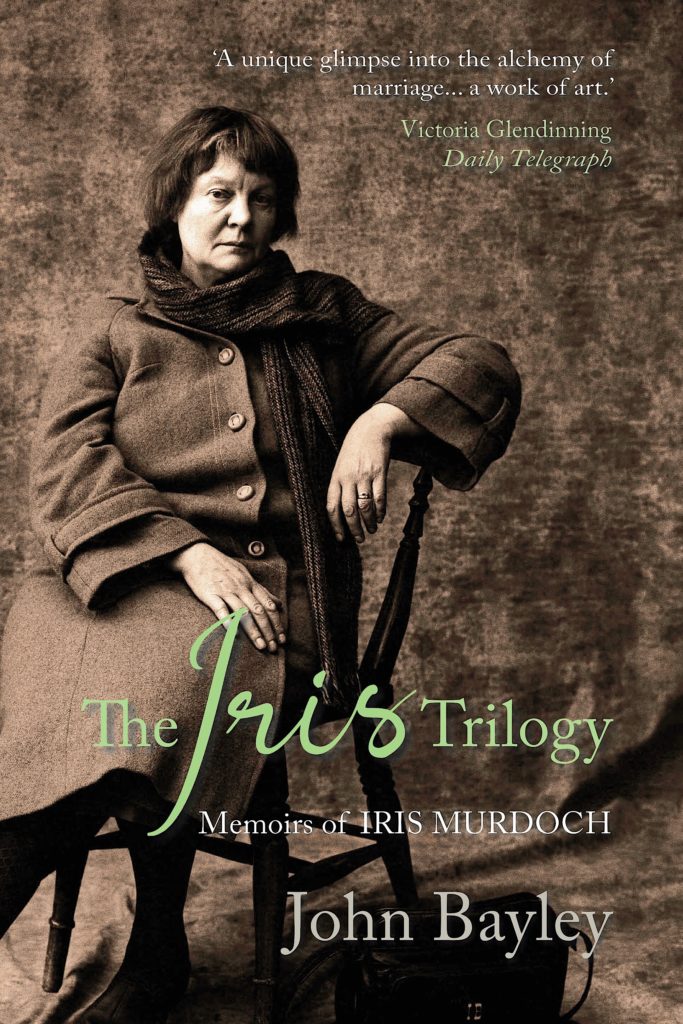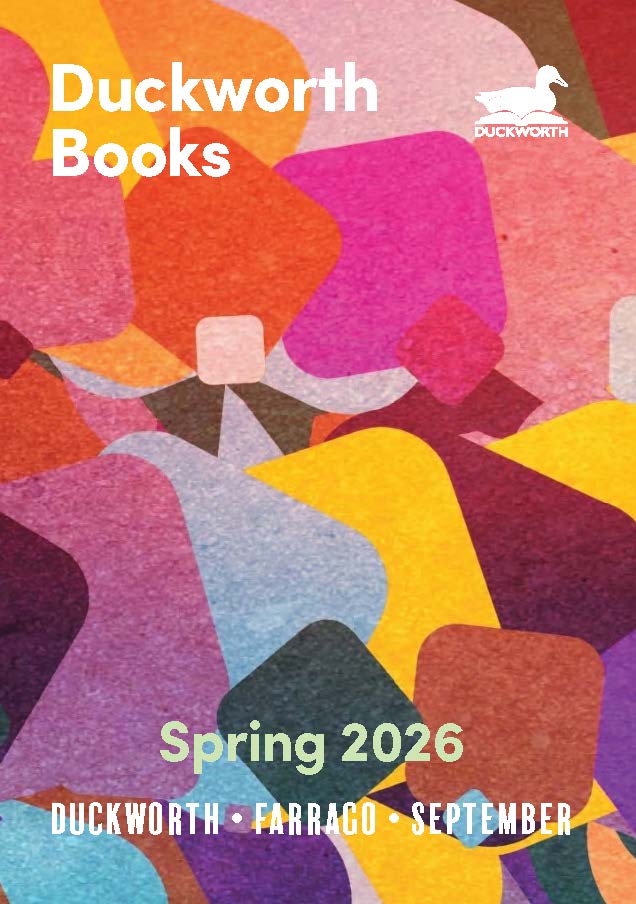A SUNDAY TIMES BEST BOOK OF THE YEAR
Winner of the Rubery Book Award 2020 (Non Fiction)
Edith Nesbit is considered the inventor of the children’s adventure story and her brilliant children’s books influenced bestselling authors including C.S. Lewis, P. L. Travers, J.K. Rowling, and Jacqueline Wilson, to name but a few. But who was the person behind the best loved classics The Railway Children and Five Children and It? Her once-happy childhood was eclipsed by the chronic illness and early death of her sister. In adulthood, she found herself at the centre of a love triangle between her husband and her close friend. She raised their children as her own.
Yet despite these troubling circumstances Nesbit was playful, contradictory and creative. She hosted legendary parties at her idiosyncratic Well Hall home and was described by George Bernard Shaw – one of several lovers – as ‘audaciously unconventional’. She was also an outspoken Marxist and founding member of the Fabian Society. Through Nesbit’s letters and deep archival research, Eleanor Fitzsimons reveals her as a prolific activist and writer on socialism. Nesbit railed against inequity, social injustice and state-sponsored oppression and incorporated her avant-garde ideas into her writing, influencing a generation of children – an aspect of her legacy examined here for the first time.
Eleanor Fitzsimons, acclaimed biographer and prize winning author of Wilde’s Women, has written the most authoritative biography in more than three decades. Here, she brings to light the extraordinary life story of an icon, creating a portrait of a woman in whom pragmatism and idealism worked side-by-side to produce a singular mind and literary talent.




